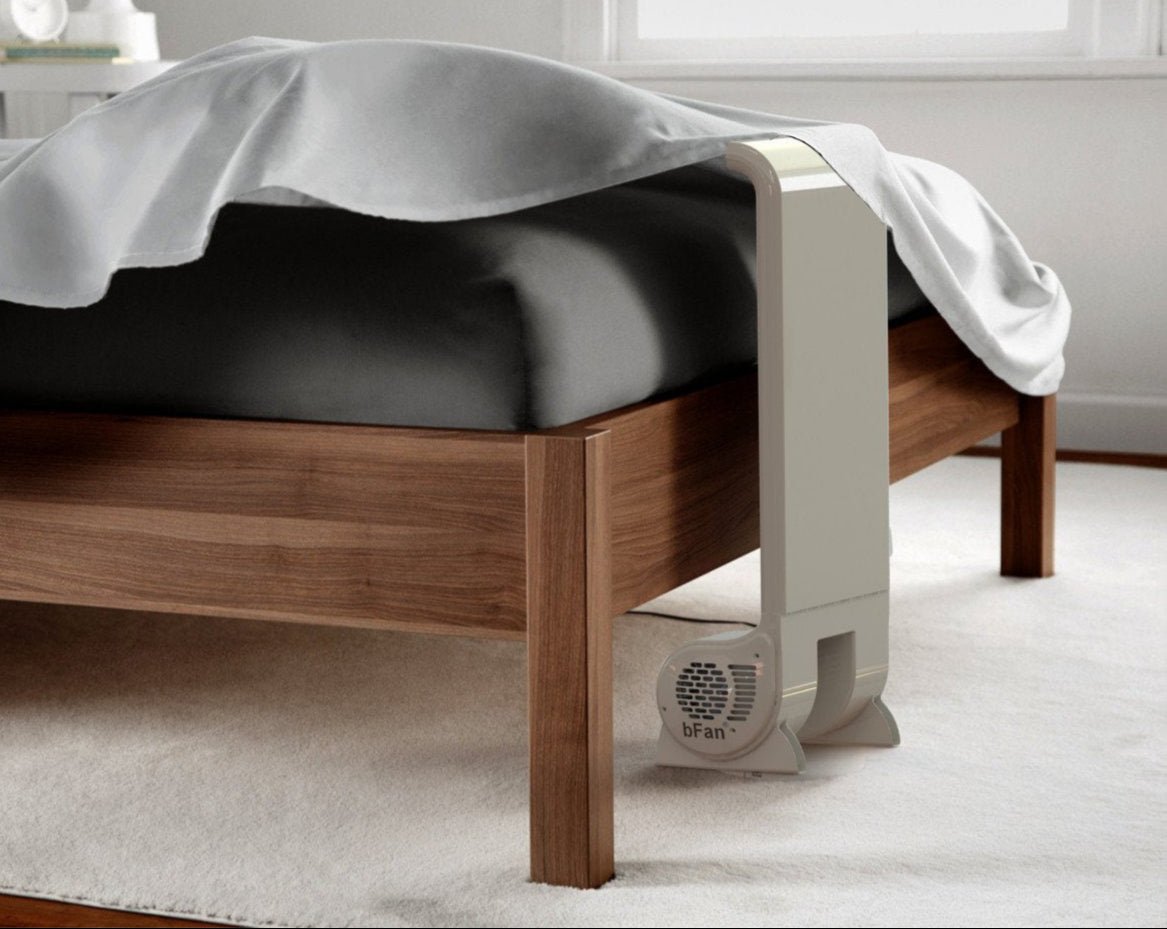Understanding Night Sweats Post-Hysterectomy
Experiencing night sweats post-hysterectomy can be distressing and disruptive, especially when you're already navigating the recovery process. Night sweats are a common complaint among post-hysterectomy patients, and understanding the causes and solutions can help you manage this symptom more effectively.
What Causes Night Sweats Post-Hysterectomy?
Hormonal Changes
One of the most significant factors contributing to night sweats after a hysterectomy is the sudden drop in estrogen levels. This hormonal imbalance can trigger hot flashes and night sweats, similar to what many women experience during menopause.
Surgical Stress
The stress your body undergoes during and after surgery can also lead to night sweats. The procedure itself and the subsequent changes in blood flow can disrupt your body's temperature regulation, causing you to wake up drenched in sweat.
Medication Side Effects
Post-surgery medications, including pain relievers and hormone therapies, can have side effects that include night sweats. If you're experiencing severe sweating episodes, it's worth discussing your medication with your healthcare provider.
Sleep Disturbances
Pain, discomfort, and changes in sleep patterns following surgery can lead to night sweats. Poor sleep quality can exacerbate these symptoms, creating a cycle that's hard to break.
Psychological Factors
Undergoing a major surgery like a hysterectomy can be emotionally taxing. Anxiety and stress related to the surgery and recovery process can affect your sleep quality and contribute to night sweats.
Solutions and Coping Strategies for Night Sweats
While night sweats can be challenging, several strategies can help you manage this symptom effectively:
Hormone Replacement Therapy (HRT)
Discussing HRT with your healthcare provider can be a viable option to manage the hormonal imbalances that contribute to night sweats. HRT can help stabilize estrogen levels, reducing the frequency and severity of night sweats.
Cool Sleeping Environment
Keeping your bedroom cool and using breathable bedding can help regulate your body temperature. Consider using a fan or air conditioning and opt for lightweight, moisture-wicking sheets and pajamas. Additionally, the Bedfan can help by providing a constant flow of cool air directed towards your body, effectively reducing overheating during the night.
Hydration and Nutrition
Staying well-hydrated and maintaining a balanced diet can also help manage night sweats. Avoiding spicy foods, caffeine, and alcohol, especially before bedtime, can reduce the likelihood of night sweats.
Stress Management Techniques
Practicing relaxation techniques such as deep breathing, meditation, or yoga before bed can help manage stress and anxiety, which can worsen night sweats. Establishing a calming bedtime routine can also improve your sleep quality.
Regular Exercise
Engaging in regular physical activity can help regulate your body temperature and improve overall sleep quality. Aim for at least 30 minutes of moderate exercise most days of the week, but avoid vigorous activity close to bedtime.
Medication Adjustments
If you suspect that your night sweats are related to a medication you're taking, consult your doctor. They may be able to adjust the dosage or switch you to a different medication with fewer side effects.
Conclusion
Night sweats post-hysterectomy can be a frustrating and uncomfortable experience, but understanding the causes and implementing effective coping strategies can make a significant difference. Products like the Bedfan can also enhance your comfort by keeping you cool at night. Always consult with your healthcare provider before making any changes to your treatment plan. With the right approach, you can manage night sweats and improve your overall well-being.
If you have any questions or concerns about your symptoms, don't hesitate to reach out to your medical team. Your health and comfort are paramount, and there are many resources available to help you through this recovery period.
Share

